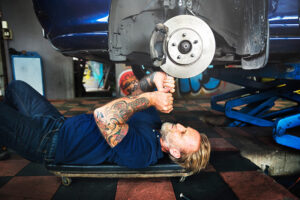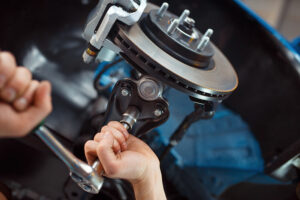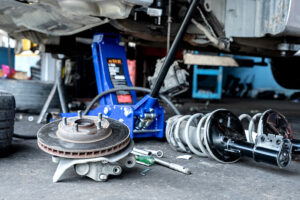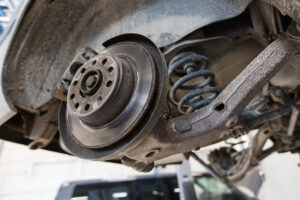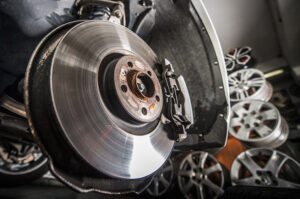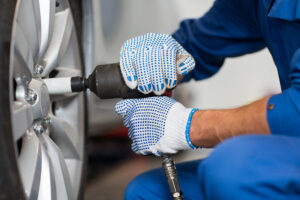Monday – Friday: 8:00 am – 4 pm
4 Bethpage Rd, Copiague, NY
Systems Calibration
What is Systems Calibration and Why is it Important?
Systems calibration means adjusting and fine-tuning your vehicle’s important parts and sensors so everything works just right.
Today’s cars have many smart systems like sensors, automatic brakes, and cameras that help keep you safe and make driving easier.
Over time, when parts get repaired, replaced, or the car software updates, these systems need to be calibrated.
This makes sure all sensors and controls talk to each other correctly and your car runs smoothly and safely.
Without calibration, systems might give wrong information, causing problems like poor fuel efficiency, bad performance, or safety risks.
- Calibrates sensors and electronic controls for accuracy
- Ensures safety features like automatic braking work properly
- Optimizes engine and transmission performance
- Helps reduce fuel waste and harmful emissions
- Restores smooth operation after repairs or updates
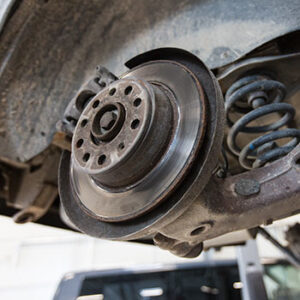
Experiencing Brake Problems?
Schedule an appointment today.
How Professionals Perform Calibration on Your Vehicle
Technicians use special tools and computers to connect with your car’s onboard systems. They check and adjust settings based on the vehicle make and model. Calibration often involves test drives and sensor realignments to make sure everything is precise. For example, cameras used for lane detection are carefully aligned so they see the road correctly. The whole process may take a few minutes to a few hours depending on the systems needing calibration. Professional calibration is important because it uses the right software and expert knowledge to avoid mistakes that could affect how your car drives or uses fuel.
Systems Calibration FAQs
Have questions? Here are some simple answers. Still unsure? Ask us anytime!
Your car needs calibration after replacing or repairing sensors, cameras, or electronic control units. It’s also necessary after software updates and sometimes during regular maintenance to keep systems working well.
Commonly calibrated systems include Advanced Driver Assistance Systems (ADAS), engine control modules, transmission systems, and sensors like cameras and radar units used for safety features.
Skipping calibration may cause safety systems like automatic emergency brakes or lane assist to malfunction. It can also reduce fuel efficiency and cause poor vehicle performance, so it’s important not to skip it.
Calibration time varies depending on the complexity of the systems involved. Simple sensor calibrations may take under half an hour, while full ADAS calibrations can take several hours.
Calibration costs depend on the vehicle type and systems needing adjustment. Many repairs include calibration costs, and it’s a worthwhile investment to maintain safety and performance.
Because calibrations need special diagnostic tools and software, they should be done by professional technicians to ensure accuracy and safety.
Besides after repairs or part replacements, routine calibrations may be recommended during annual or bi-annual maintenance to keep everything working well.
Incorrect calibration can cause sensors to give false readings or safety features to fail, resulting in unsafe driving conditions and possible damage.
Yes, proper calibration optimizes engine and transmission functions, which can improve fuel efficiency and reduce emissions.
Yes, different vehicles and systems require specific calibration methods and tools, so professional calibration is essential for each make and model.
